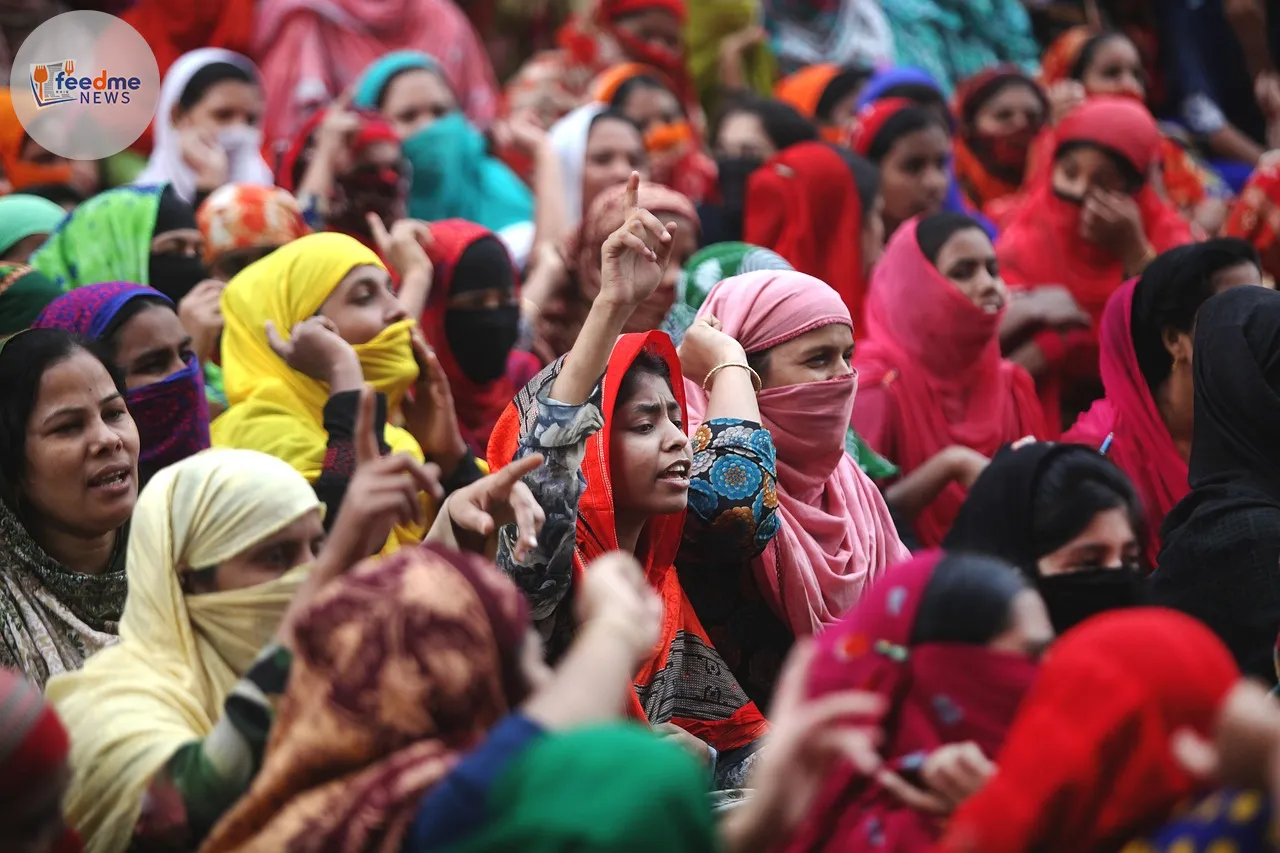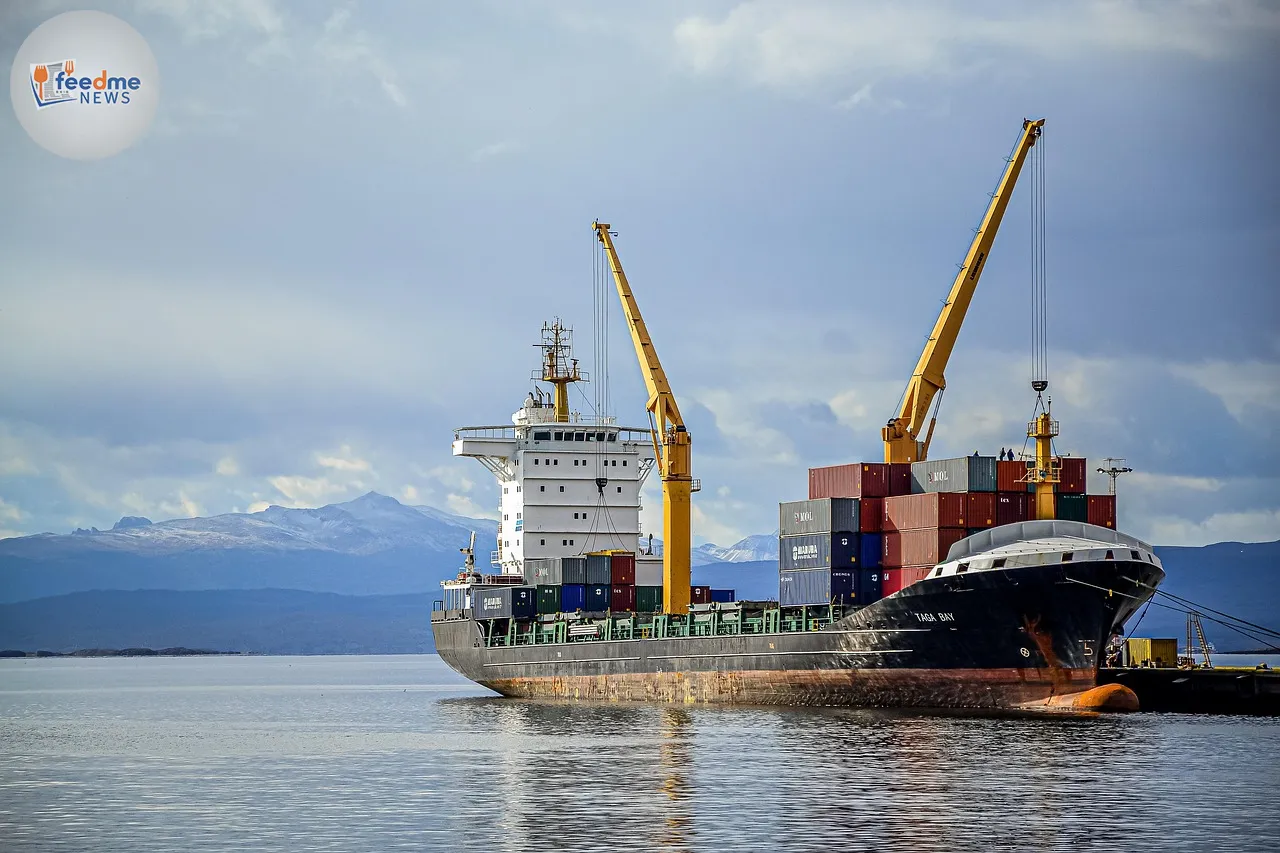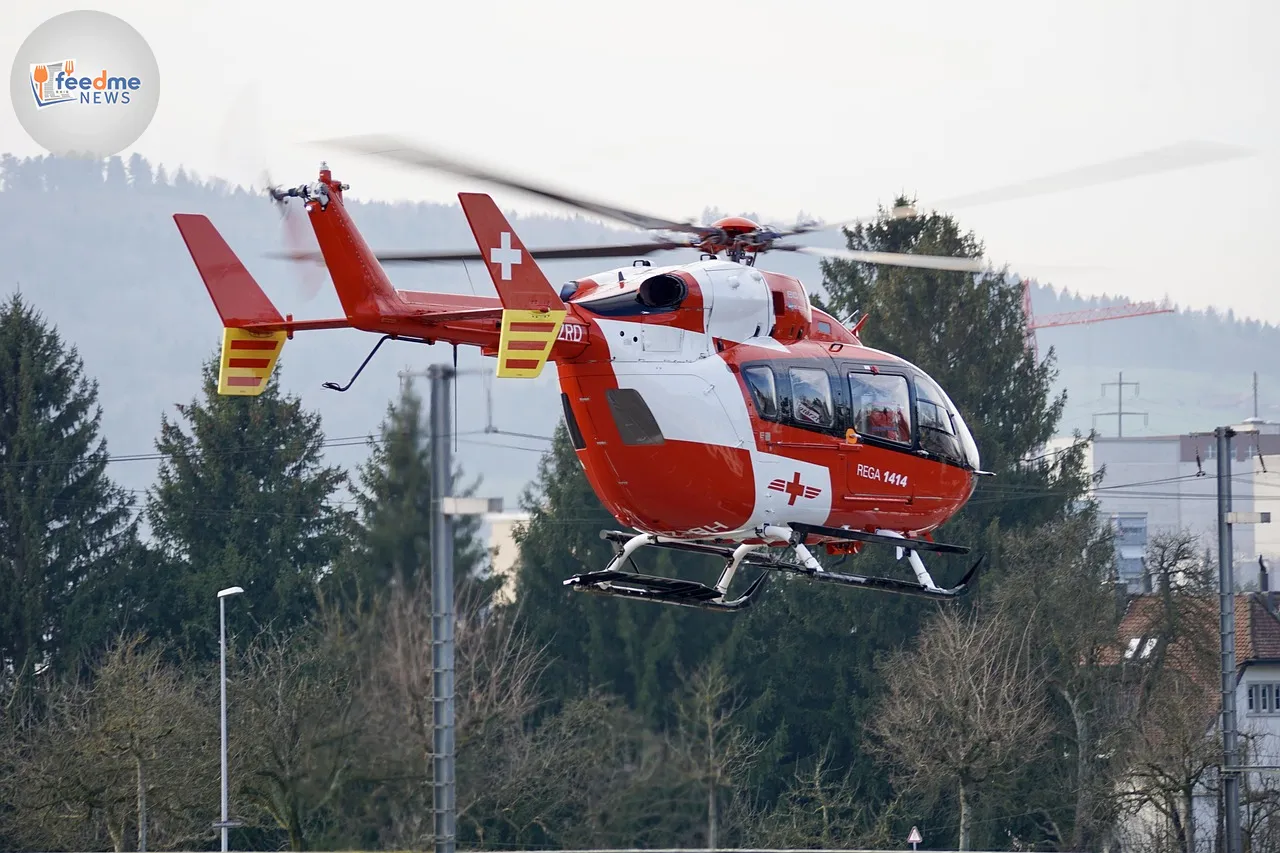Pope Leo XIV has publicly condemned the ongoing conflict in Gaza, describing the war’s escalating violence as “barbaric” and criticising the “indiscriminate use of force.” His comments come as Gaza’s health ministry reports at least 85 Palestinians were killed while waiting for food supplies. The fatalities occurred in various locations, predominantly in northern Gaza, highlighting the severe humanitarian crisis unfolding in the region.
The Pope’s remarks were made during his weekly address at the Vatican, where he expressed deep sorrow over the increasing loss of life and the recent attack on Gaza’s only Catholic church, which resulted in three deaths. His call for peace and restraint echoes the concerns of many international leaders who fear further escalation in the region.
Rising Tensions in Gaza
The conflict in Gaza has intensified over recent weeks, with hostilities reaching new heights. The ongoing clashes between Israeli forces and Palestinian groups have resulted in significant civilian casualties and widespread destruction. The health ministry’s report of 85 deaths underscores the dire situation, as many were killed while attempting to access essential food supplies.

The northern region of Gaza has been particularly affected, with numerous families displaced and infrastructure severely damaged. Humanitarian organisations have raised alarms about the deteriorating conditions, urging immediate intervention to prevent further loss of life and to ensure the delivery of vital aid.
Attack on Gaza’s Catholic Church
In a deeply troubling incident, Israeli airstrikes targeted the territory’s only Catholic church, killing three people and causing extensive damage. This attack has drawn widespread condemnation and concern for the safety of religious minorities in the conflict zone. The church, which has served as a sanctuary for many seeking refuge from the violence, now stands as a stark symbol of the conflict’s indiscriminate nature.
Pope Leo XIV, visibly moved by the incident, highlighted the need for protecting places of worship and respecting religious freedoms even amidst conflict. “All sanctuaries, regardless of faith, should be places of peace and refuge,” he stated, urging all parties to respect international laws protecting religious sites.
International Response and Calls for Ceasefire
The international community has been vocal in its response to the escalating violence. World leaders and organisations have called for an immediate ceasefire and the resumption of peace talks. The United Nations has reiterated its commitment to facilitating dialogue between the conflicting parties, emphasising the need for a sustainable and peaceful resolution.
Several countries have offered to mediate discussions, hoping to bridge the widening gap between the two sides. Diplomatic efforts are being ramped up to address the root causes of the conflict and to provide immediate humanitarian relief to those affected.
Humanitarian Crisis and Aid Efforts
The humanitarian crisis in Gaza is worsening, with critical shortages of food, water, and medical supplies exacerbating the plight of civilians. Aid agencies are struggling to reach those in need due to ongoing hostilities and restrictions on movement. The reported deaths of individuals queuing for food highlight the urgent need for safe corridors to deliver aid.
Efforts are underway to coordinate international relief, but the situation remains precarious. Humanitarian organisations are appealing for increased funding and support to address the immediate needs of the population and to rebuild essential infrastructure.
Forward-Looking Insights
As the conflict in Gaza continues, the world watches with bated breath, hoping for a resolution that prioritises peace and the protection of innocent lives. Pope Leo XIV’s condemnation serves as a powerful reminder of the human cost of war and the urgent need for dialogue and diplomacy.
The coming days will be crucial as international efforts intensify to broker a ceasefire and address the underlying issues driving the conflict. The need for a comprehensive peace plan that ensures security and prosperity for all parties involved remains paramount.






